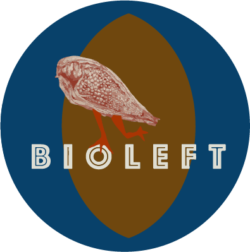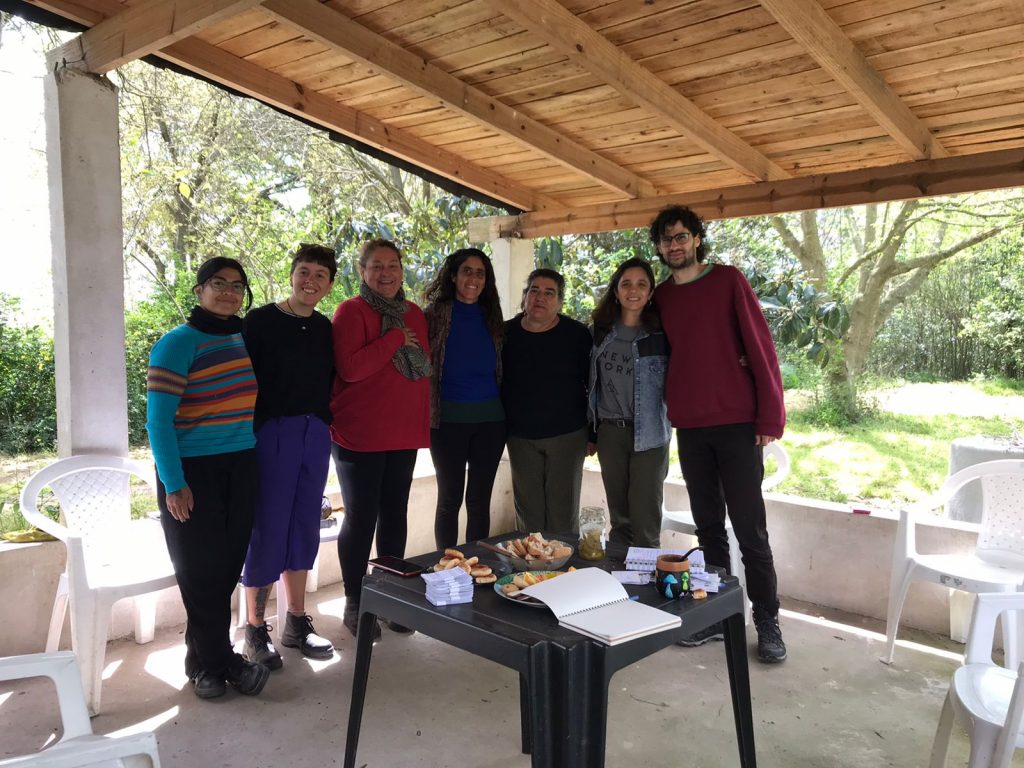
On Tuesday, October 3, we gathered with our parnters from Minka in his house of seeds at CEDEPO, located in the nearside of Florencio Varela. Minka semillera is an organization of woman who produce seeds on farms in Guernica and Florencio Varela Buenos Aires Province) and, organized as a cooperative, they aim to generate availability of diverse and resilient seeds for family farmers of the peri urban area of Buenos Aires.
Minka started in 2015 with a dual mission: to preserve the creole seeds and to address the need for germplasm adapted to agroecology. This organization focuses on seed production, promoting of educational spaces related to the seeds, and raising awareness among local farmers on the importance of using native seeds. Minka and Bioleft are reunited in the quest to integrate different knowledge to produce quality, accessible and agroecological seeds to contibute to food sovereignty.
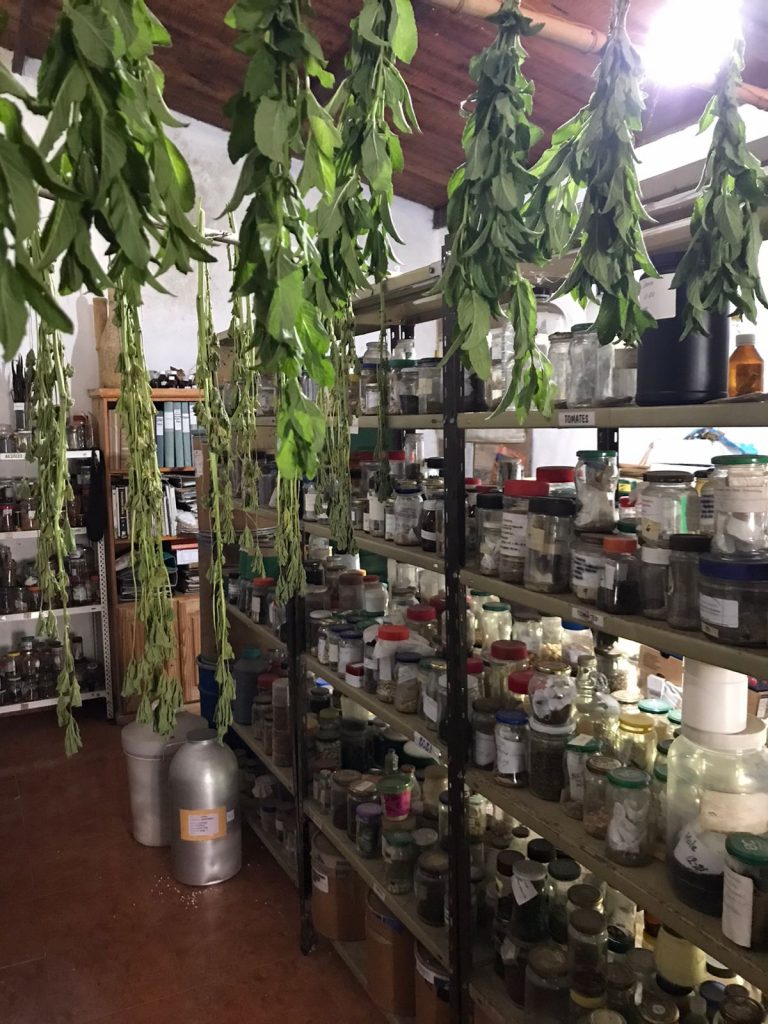
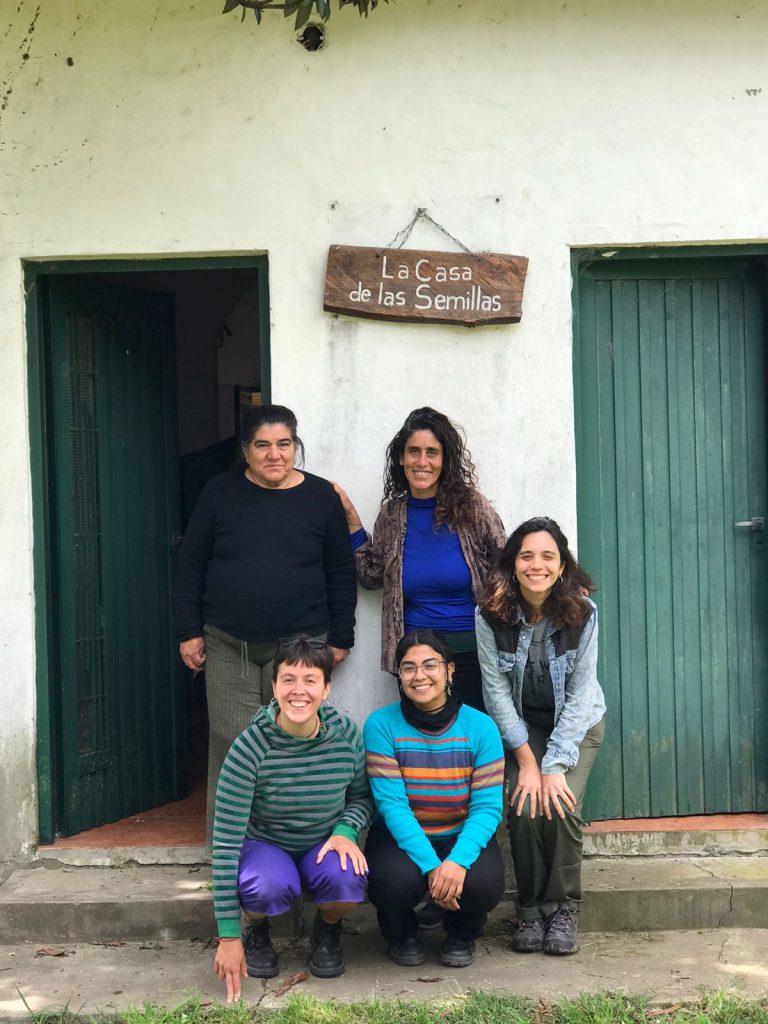
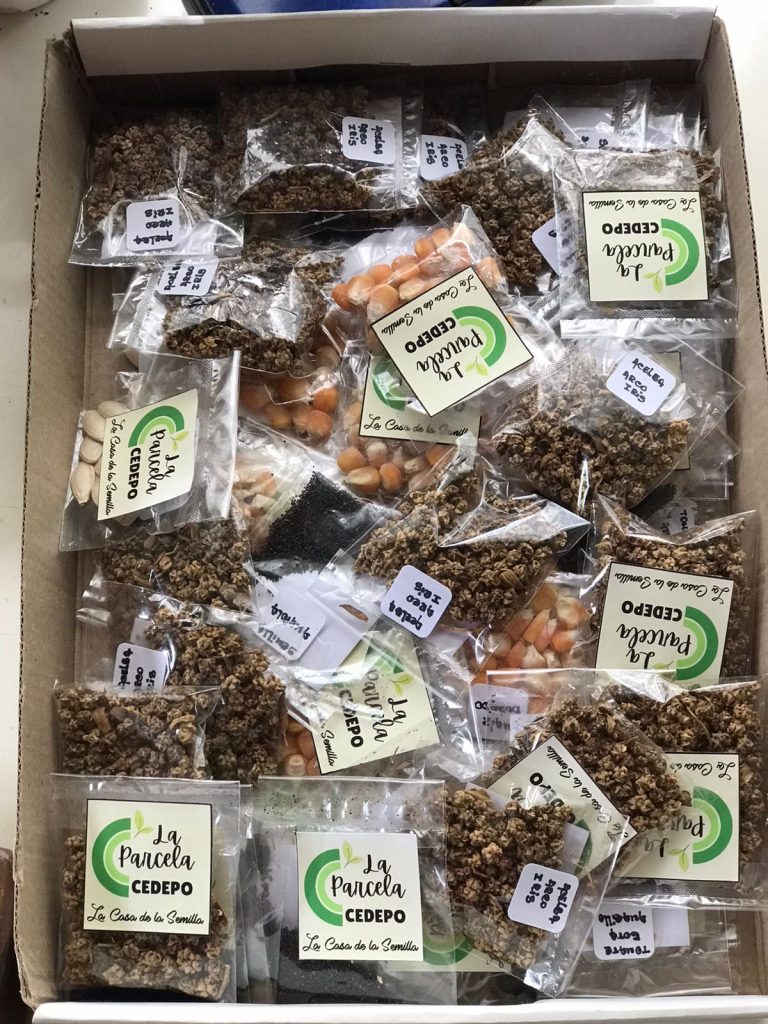
Thanks to this synergy we decide to embark on a joint path through the participatory plant breeding in creole tomatoes and other tomatoes varieties provided by allied organizations around the world. These seeds are part of an exachange that took place in the context of an international participatory plant breeding project (see participatory plant breeding trascends borders)
Over the day we talked about participatory plant breeding objectives, including plant health, flavor, crop behavior in the field for those without greenhouses, and nutritional quality. A three-year action plan was established, with the first focusing on the multiplication and characterization of the varieties, and the following two years dedicated to the breeding process itself.
Furthermore, areas of training and learning were identified where Bioleft and Minka can share knowledges. This includes topics related to basic genetic tools, seed conservations, as well organizational and communicational aspects.
The power of collaborative work between these organizations allows us to showcase the work of woman farmers-breeders and enhance the ancestral task of seed selection by complementing it with the existing scientific knowledge in plant breeding.
